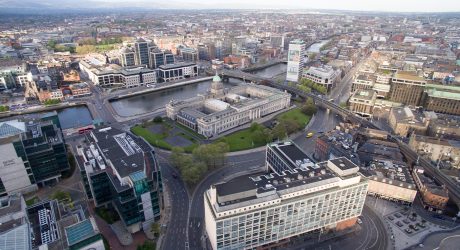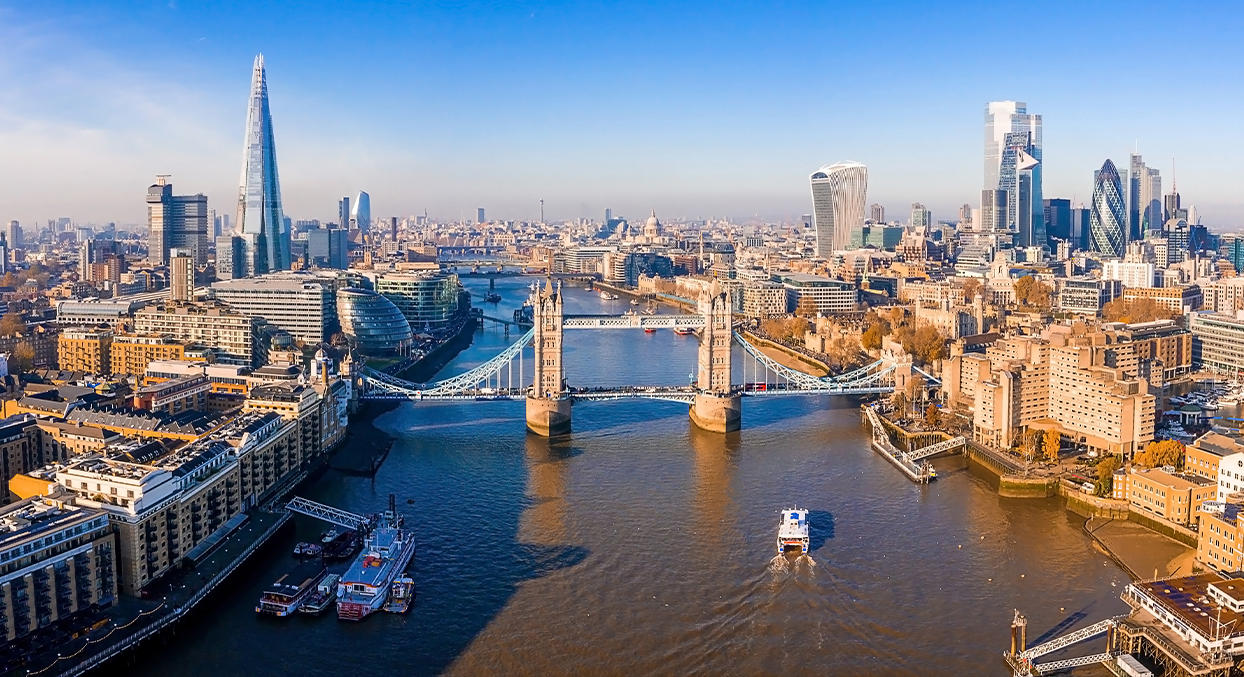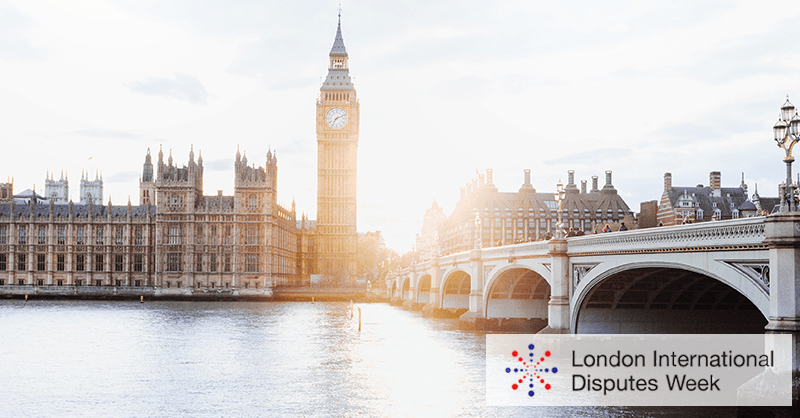Dublin International Disputes Week (DIDW) took place 6-9 June 2023, featuring a seminar run by Arbitration Ireland considering the issue of “Alternative Dispute Resolution (ADR): an alternative in environmental and climate disputes?”.
The event was hosted by William Fry LLP and welcomed Mark McMahon, Senior Associate in the International Arbitration team at Stewarts as a panellist alongside David Herlihy (Allen & Overy), Nessa Cahill SC (Bar of Ireland), Jennifer Haywood (Serle Court), Conor Linehan (William Fry LLP).
The topics discussed included:
- how we define environmental disputes;
- whether litigation or arbitration is better suited to environmental and climate disputes;
- whether the pursuit to net zero means there will be more disputes; and
- whether wider forms of alternative dispute resolution will play a role in future climate-related disputes.
Mark’s views and conclusions
Mark presented his views from an arbitration perspective. He discussed the role of arbitration in environmental and climate change disputes include how ADR can and is playing a role in paving the way to net zero. The discussion covered the impact that achieving net zero will have on investor-state disputes. Mark also touched upon the Energy Charter Treaty, an international and multilateral framework in the fossil fuel and energy industries to regulate cross-border collaboration. He considered whether we should be expecting more investor-state disputes in relation to the treaty as a consequence of the drive for greener sources of energy.
Mark highlighted that international arbitration is fit for complex disputes, such as environmental and climate-related disputes, because it offers the advantage of a neutral forum and benefits from worldwide coverage by virtue of the New York Convention. Arbitral tribunals are also adaptable where expert and technical knowledge is required, and the international dimension of climate change makes international arbitration in particular a suitable forum.
Mark also highlighted that the changes facing companies operating in the energy sector as a result of the transition to net zero are significant, and it is clear that there is substantial scope for disputes associated with the energy transition.
The changing landscape in policies, laws and regulations related to environmental issues and their subsequent effect on climate related disputes was acknowledged by the whole panel. The effect of these changes is yet to be seen, but there is certainty in knowing that litigation and arbitration are suitable options for dispute resolution.
What is Dublin International Disputes Week?
Dublin International Disputes Week takes place annually and welcomes notable speakers from around the world and exciting panels each year. The event is “designed to provide a forum for international practitioners and general counsel, providing access to thought leaders and prominent international practitioners specialising in litigating complex, cross-border disputes.”
Other sessions covered topics including:
- International tax disputes
- Expert evidence and the human element in disputes
- Representative actions and collective redress
- Recent developments, liability and risk in international sanctions
- Crisis management in dispute resolution
- Diversity and inclusion
- Aviation disputes
- International arbitration and litigation funding
- Crypto and fraud
Paralegal Sophia Kotsianou contributed to this article
You can find further information regarding our expertise, experience and team on our International Arbitration page.
If you require assistance from our team, please contact us or alternatively request a call back from one of our lawyers by submitting this form.
Subscribe – In order to receive our news straight to your inbox, subscribe here. Our newsletters are sent no more than once a month.





